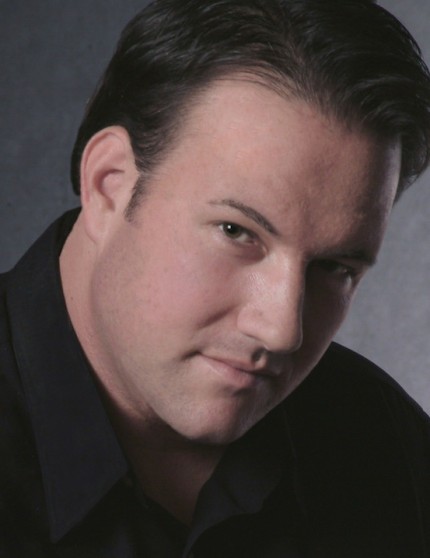Chroma Chamber Orchestra returns with admirable concertante program

The Chroma Chamber Orchestra debuted in 2011 and presented three impressive concerts in their first season. After a hiatus last year, the ensemble was back Sunday evening playing mostly from strength at the Music Institute of Chicago in Evanston.
With a large complement of Chicago Symphony Orchestra members, the Chroma ensemble featured two key concertante works in their only announced concert so far this season. The Neo-romantic style of Britten and Barber were abundantly on display in Nichols Concert Hall, bookended by a Handel Concerto Grosso and a lush rendering of Wagner’s Siegfried Idyll, all under the capable direction of artistic director David Crane.
The Handel Concerto Grosso, Op. 3 no. 3, features duo solo roles for flute and violin. CSO principals Mathieu Dufour and Baird Dodge filled the parts with fine style and alert attention to ensemble, while the small chamber group provided a plush cushion for the soloists. Dufour’s ardent tone was the highlight in the finale of this short appetizer.
Britten’s Serenade for Tenor, Horn and Strings, is a masterpiece and all performers have the intensity of the original recording, featuring Peter Pears and Dennis Brain, to measure themselves against. The piece is a meditation on death as reflected in settings of six artfully chosen poetic texts and the challenges to the soloists are many and varied.
The vocalist was tenor Scott Ramsay, and his strong clear voice filled the hall admirably. The live acoustic was sometimes a problem for clear delivery of the words so important to this text-driven piece, but the tenor’s enunciation made up for a lot and the short Blake Elegy “O Rose, thou art sick!” emerged dramatically and cleanly from the foreboding horn and string ensemble.
The performance of CSO hornist Oto Carillo was assured and technically accurate from the opening Prologue featuring the horn’s natural harmonics through the moody and virtuosic passages that abound. Particularly strong was the third movement Nocturne which is introduced by slashing strings and in which the horn echoes the drama of the Tennyson poem’s “Blow, bugle, blow…” only to fade out to the strains of a dying fall.
The overall Britten performance was not free from little imperfections of intonation and attack in the ensemble. The virtuosity of passages like the amusing Ben Jonson Hymn was somewhat approximate though all the artists provided a satisfying musical experience.
Samuel Barber was represented by his 1944 Capricorn Concerto. The work is more neo-classical and abstract than most of his music, but offers a richly scored piece for chamber ensemble in a concerto grosso style, here featuring solo turns by trumpeter Tage Larsen, oboist Jelena Dirks, and flutist Dufour.
The performance lacked some of the required elegance in a fairly rough-hewn account, but it moved forward with a driving impulse. The flute and oboe indulged in lively interaction, later joined by the trumpet, all culminating in a light and good-humored bravura coda.
Despite some fitful intonation issues, the Chroma strings provided some of the finest playing throughout the concert. They came into their own in the richly scored Siegfried Idyll by Wagner, which brought the program to a satisfying end. The resonance of the hall seemed to reinforce the larger and more emotive parts, while the luminous solos of Dufour and Dirks stood out over the orchestral texture.
Posted in Performances


